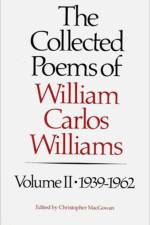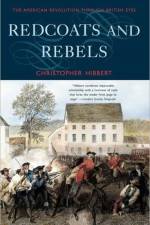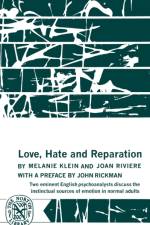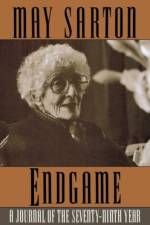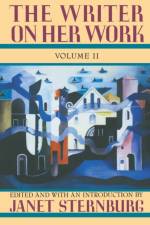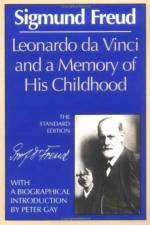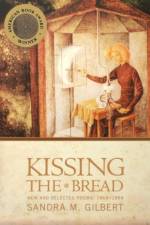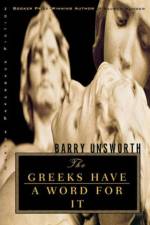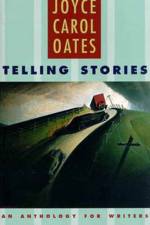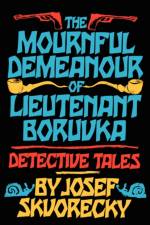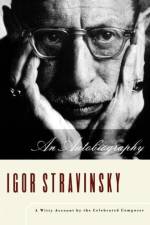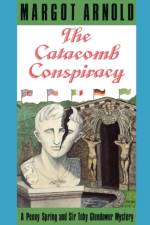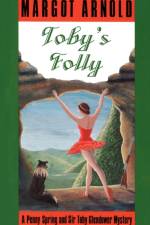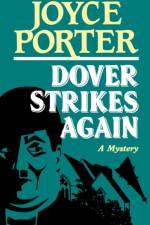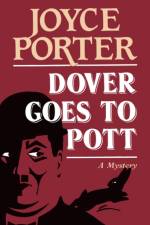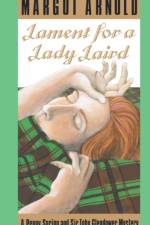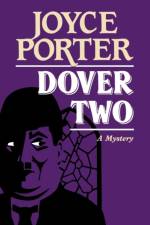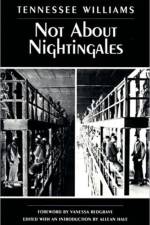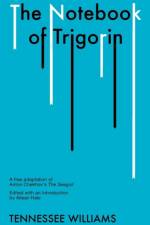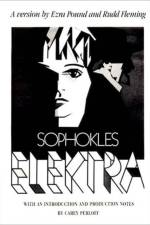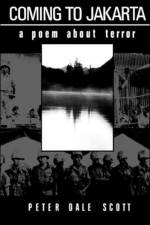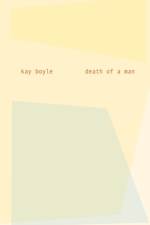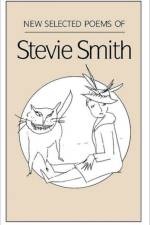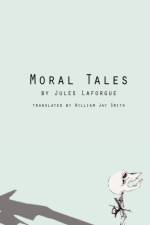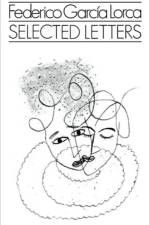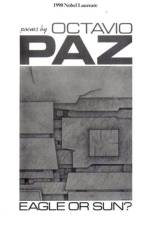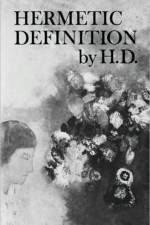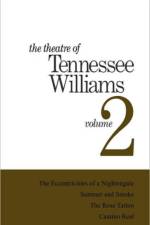av Hilda Doolittle
209
H. D.'s (Hilda Doolittle, 1884-1961) late poems of search and longing represent the mature achievement of a poet who has come increasingly to be recognized as one of the most important of her generation. The title poem and other long pieces in this collection ("Sagesse" and "Winter Love") were written between 1957 and her death four years later, and are heretofore unpublished, except in fragments. We can see now in proper context her fine ear for the free line, and understand why other poets, such as Denise Levertov, Robert Creeley, and Robert Duncan, find so much to admire in H. D.'s work. As in her earlier books, one level of H.D.'s significant poetic statement derives from her intimate knowledge of and identification with classical Greek and arcane cultures; taken together, these elements make up the poet's own personal myth. Norman Holmes Pearson, H. D's friend and literary executor, has contributed an illuminating foreword to this impressive collection.H. D.'s (Hilda Doolittle, 1884-1961) late poems of search and longing represent the mature achievement of a poet who has come increasingly to be recognized as one of the most important of her generation. The title poem and other long pieces in this collection ("Sagesse" and "Winter Love") were written between 1957 and her death four years later, and are heretofore unpublished, except in fragments. We can see now in proper context her fine ear for the free line, and understand why other poets, such as Denise Levertov, Robert Creeley, and Robert Duncan, find so much to admire in H. D.'s work. As in her earlier books, one level of H.D.'s significant poetic statement derives from her intimate knowledge of and identification with classical Greek and arcane cultures; taken together, these elements make up the poet's own personal myth. Norman Holmes Pearson, H. D's friend and literary executor, has contributed an illuminating foreword to this impressive collection.


